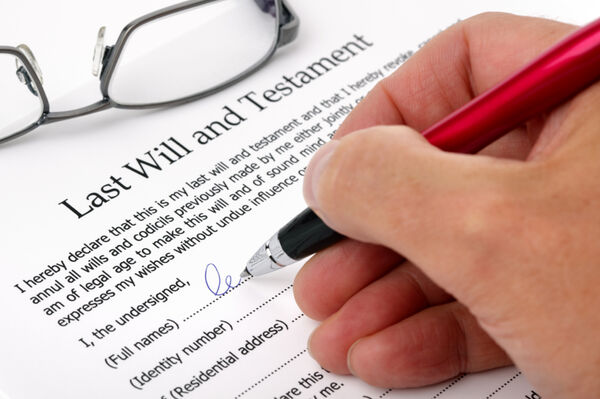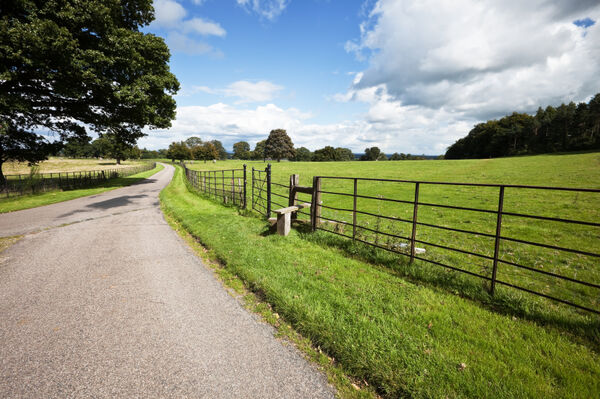Background
A bankruptcy order was made against Mr Brian Cooke on 18 December 2014 on a petition presented by Dunbar Assets Plc ("Dunbar"). Mr Cooke appealed the bankruptcy order and this was dismissed by the Judge on 6 April 2016. At this time, it became apparent that there was a fundamental disagreement between the parties as to the costs order which should be made on the unsuccessful appeal. More particularly, counsel for Mr Cooke suggested that the costs should be treated as a cost and expense of the bankruptcy, and counsel for Dunbar suggested that Mr Cooke should be ordered to pay the costs personally. As a result, judgement was reserved in order for the parties to make further written submissions on the issue of costs.
Key Facts
The Issues
The parties agreed that the costs should fall into three possible categories, namely:
- as a cost and expense of the bankruptcy in accordance with the order of priority set out in Rule 6.224(1) of the Insolvency Rules 1986 ("IR 1986") ("Category 1");
- as a provable debt in the bankruptcy ("Category 2"); and
- as a liability outside of the bankruptcy, ordered against Mr Cooke personally ("Category 3").
The parties also initially agreed that the issue of costs was a matter of law and not discretion for the court.
In light of the above, the court had to consider:
- under which of the above three categories the costs order can be made; and
- whether this decision was in the discretion of the court or a matter of law.
The Parties' Legal Submissions
Counsel for Mr Cooke argued that the costs order should fall under Category 1 and relied upon the provisions of Rule 12.2 IR 1986, which states at Rule 12.2(1):
"All fees, costs, charges and other expenses incurred in the course of winding up, administration or bankruptcy proceedings are to be regarded as expenses of the winding up or the administration or, as the case may be, of the bankruptcy".
Counsel for Mr Cooke argued that a bankruptcy appeal is not a standalone action that can be divorced from the bankruptcy proceedings and therefore the costs should be treated no differently to the costs of the petition, which it is common ground fall as a cost and expense of the bankruptcy.
Alternatively, counsel for Mr Cooke argued that the costs awarded would constitute a bankruptcy debt as defined in Section 382 of the Insolvency Act 1986 ("IA 1986") and should be treated as a provable debt. Section 382(b) defines a provable debt as:
"any debt or liability to which he may become subject after the commencement of the bankruptcy (including after his discharge from bankruptcy) by reason of any obligation incurred before the commencement of the bankruptcy".
Either way, the costs should be payable from the bankruptcy estate, albeit, ranking differently in the order of priority of payment.
Counsel for Dunbar relied on Rule 7.51A IR 1986 in applying Part 44 (General Rules About Costs) and Part 47 (Procedure for Assessment of Costs and Default Provisions) of the Civil Procedure Rules 1998 ("CPR") and argued that the court had an unfettered discretion as to the costs awarded on an appeal and that Rule 7.51A IR 1986, and consequently, CPR Parts 44 and 47, amounted to the only statutory guidance on the treatment of costs of appeals from bankruptcy order. Furthermore, it was Dunbar's case that any award for costs should fall into Category 1 or Category 3.
Counsel for Dunbar also submitted that an order for costs could be made in the alternative, i.e. that Mr Cook be ordered to pay the costs (Category 3), but if not paid by him, they be treated as a cost of the bankruptcy (Category 1). They could not fall within Category 2 because the liability was incurred post-bankruptcy as the litigation in this case did not exist before the bankruptcy proceedings.
Judgment
The Judge ruled that the purpose of Rule 12.2 IR 1986 was to safeguard the interests of those who have incurred costs and expense in promoting the interest of the creditors and not those who make unsuccessful claims causing the bankruptcy estate to incur costs. In his judgment he explained that Rule 12.2 does not contain an "exhaustive statement as to how costs are to be treated".
Furthermore, as there is no inconsistency between the provisions of Rule 12.2 and CPR 44, the general rules in CPR 44 would apply which includes the provision that the unsuccessful party will be ordered to pay the costs of the successful party. Therefore, the starting point would be that Mr Cooke should pay Dunbar's costs. CPR 44.2(2)(a) also makes provision that the court may make a different order.
The Judge went on to explain why he considered there to be good policy reasons why Rule 12.2 should not have the affect for which Mr Cooke's counsel contended:
"(1) Neither a bankrupt, nor some other party whose interest are aligned with his, or who has his own reasons for wishing to litigate in the bankruptcy, should be afforded the opportunity to do so without being at risk as to costs. The risk of an adverse costs award acts as a deterrent against the advancing of cases that are without merit.
(2) A person in the position of Mr Cooke, who appeals against the making of a bankruptcy order, does so of his own volition. As the provisions to which I have referred to above demonstrate, a bankrupt actively needs to pursue permission to appeal; an appeal is a distinct process initiated by the appellant. It is not something which flows inexorably from being caught up in the initial bankruptcy proceedings.
(3) The bankruptcy estate should be protected, where possible, from the need to fend off unmeritorious disputes which will dissipate the estate to the prejudice of creditors".
Submissions made on behalf of Mr Cooke that the costs of the appeal were a contingent liability so as to give rise to a provable debt (Category 2) were dismissed on the basis that the costs would need to rank twice, i.e. as a priority as an expense and then as a much lower ranked non-preferential debt. The Judge explained that "such a notion would not be harmonious with the priority of debts established by s328; the expenses of the bankruptcy are afforded priority over other debts, preferential or otherwise".
Mr Cooke was ordered to pay Dunbar's costs personally, and to the extent that they were not satisfied by him, they should be treated as an expense of the bankruptcy.
Conclusion
This case confirms that bankrupts will not be immune from adverse costs risks should they unsuccessfully challenge a bankruptcy order by way of an appeal. This should serve as a deterrent for unmeritorious appeals but it is debatable whether a personal costs order has much impact in practice given the financial status of a bankrupt.
If you have any issues regarding bankruptcy please contact Sundip Mapara on 0116 2473587 or email him at [javascript protected email address]. Sundip is a specialist insolvency solicitor and will be able to advise you on all matters relating to personal and corporate insolvency.
For further information on this case please click here.



